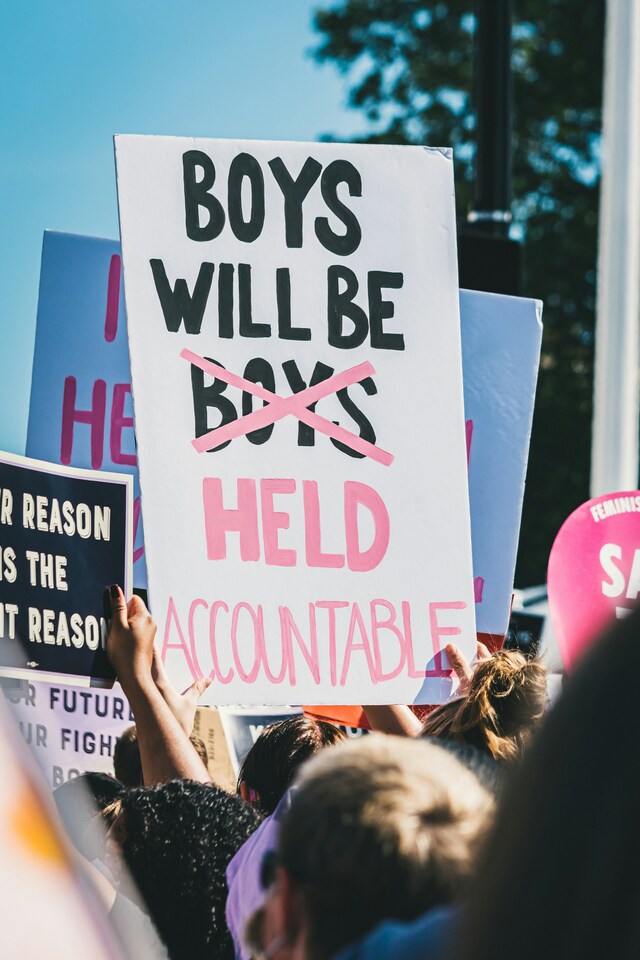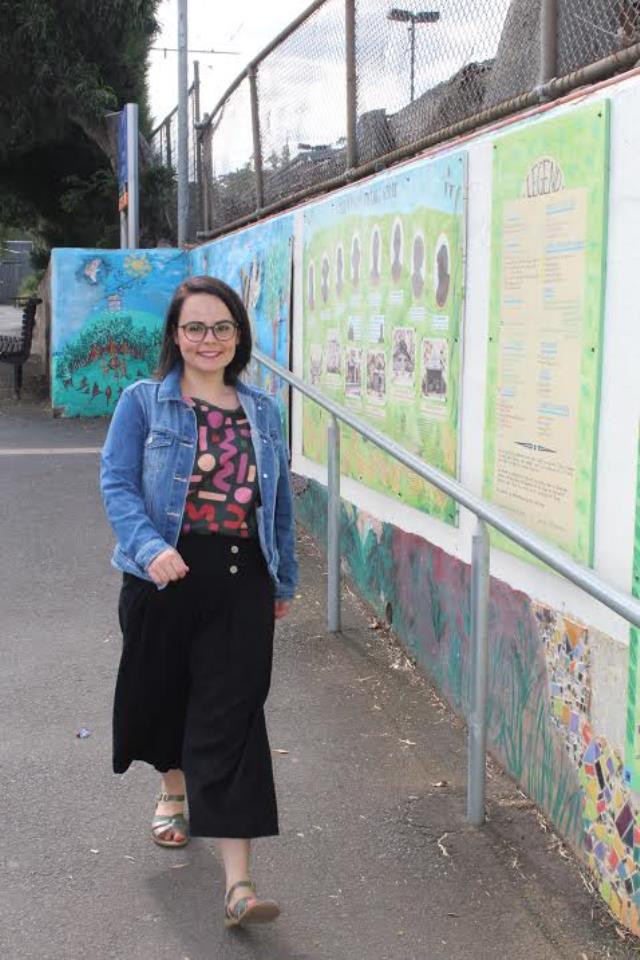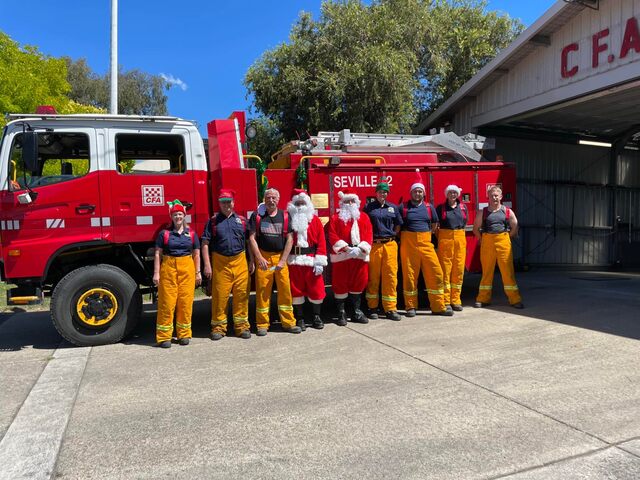Following outrage at the rising number of family violence incidents and deaths, a raft of measures have been announced at a state and national level in 2024.
The Star Mail reached out to local Free From Family Violence (FVREE, formerly EDVOS/Eastern Domestic Violence Service) to share their thoughts on the initiatives and funding that have been announced and what impacts they are seeing on the ground.
FVREE chief executive Christine Mathieson said since the Victorian Royal Commission into Family Violence, the Victorian Government has made an unprecedented level of investment, reform, and funding in this critical area.
“These efforts have expanded the policy focus, increased funding, and strengthened the workforce, culminating in the establishment of 17 Orange Doors across Victoria, while these initiatives are commendable and set a leading example, significant shortfalls remain in case management support and recovery funding,” she said.
“Additionally, the lack of financial support for primary prevention and education directed toward specialist family violence services, such as FVREE, poses challenges in delivering holistic outcomes for victim-survivors, their children, and the broader community,”
Furthermore, while the recent Commonwealth financial packages are a welcome step forward, they represent only a small part of the solution, comprehensive and sustained investment is necessary to effectively address the complex needs of those affected by family violence and to create lasting change in our communities.”
Victoria’s Royal Commission into Family Violence was started in 2015 following a number of family violence incidents that made headlines, with 227 recommendations handed down in March 2016, of which the Victorian Government had implemented all by January 2023.
Ms Mathieson said ongoing investment from both Federal and State Governments is essential across all aspects of the family violence continuum, particularly in primary prevention and recovery.
“For example, our organisation does not receive sustainable funding for our primary prevention initiatives and relies solely on grants, donations, and fee-for-service work, while we recognise that achieving prevention outcomes requires time, violence rates will not decrease without supporting initiatives that tackle the root causes of violence – gender inequality, at the systemic, community, and individual levels,” she said.
“Additionally, securing long-term recovery services is challenging, as many survivors struggle to access the therapeutic support necessary for their healing.”
“Another critical area is holding perpetrators accountable for their actions, as the incidence of
murders continue to rise, we must shift our focus as a society from questioning the behaviour of victim-survivors—asking ‘Why doesn’t she just leave?’—to examining why perpetrators choose to use violence.”
FVREE has been working of a number of their key programs and starting new initiatives to target areas of need they are spotting in their service area, which stretches from Boroondara out to the Yarra Ranges:
Three new Practice Lead roles have been hired to provide dedicated support to victim-survivors who are children and young people, individuals with disabilities, and members of the LGBTIQA+ community.
Staff have undergone extensive training to next year implement the Safe and Together
model, which focuses on perpetrators’ patterns of behaviour, recognising the strengths of victim survivors, and prioritising the safety and welfare of both adult and child victims.
Their therapeutic program offer sessions for parents or guardians and children together, as well as individual sessions for parents or guardians and for young people to help in healing and growing together after experiencing family violence.
FVREE’s Primary Prevention Team has worked with 58 students from 12 local primary schools in the Outer East to deliver the Young Leaders for Equality and Respect program, helping students identify gender inequality and promote safer, more inclusive school communities.
Following legislation that came into force last year, businesses are mandated to provide employees with a minimum of 10 days of paid family violence leave and FVREE has been working with local businesses to provide training for their leaders and staff, ensuring they create a safe and supportive environment for those who may need to use this leave.
Ms Mathieson said homelessness and the misidentification of victim-survivors as perpetrators continue to be a concern in the eastern region.
“Homelessness among women and children due to family violence continues to rise in the eastern region, despite increased investments aimed at helping women and children remain in their homes, many survivors are still forced to flee and seek refuge in crisis accommodation,” she said.
“While we have access to programs that provide temporary crisis housing for victims, securing long-term housing remains a persistent challenge,”
“Some perpetrators actively manipulate police, as well as the justice, health, and child protection systems, for their own advantage, perpetuating family violence, this can have serious implications for the safety and well-being of victim-survivors, as the individuals most in need of protection are often not being safeguarded.”
FVREE also advises victims of domestic, family, and sexual violence to contact 1800RESPECT, the national counselling, information and support service. If you or someone you know is experiencing domestic or family violence, you can call 1800RESPECT on 1800 737 732, text 0458 737 732 or visit their website: 1800respect.org.au.
Ms Mathieson said their key message to victim-survivors is clear; you’re not alone and support is available.
“As a specialist family violence service, we understand the complex nature of family violence, and clients who engage with us have reported feeling safer as a result,”
“If you or someone you know is experiencing family violence, we encourage you to reach out to the Orange Door in your area,”
“Violence is never acceptable, and it’s never your fault. Everyone deserves respect and the right to live free from harm.”







